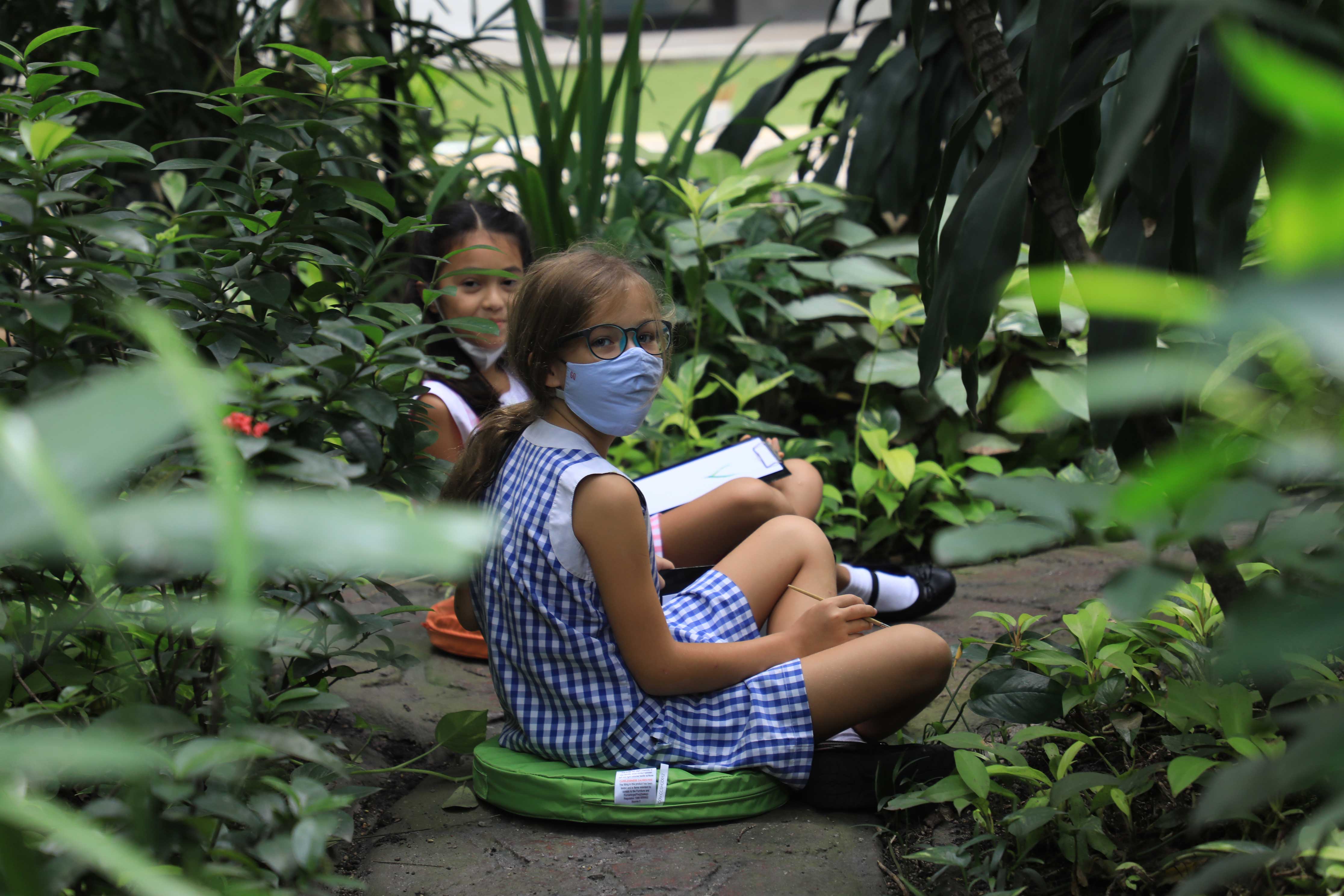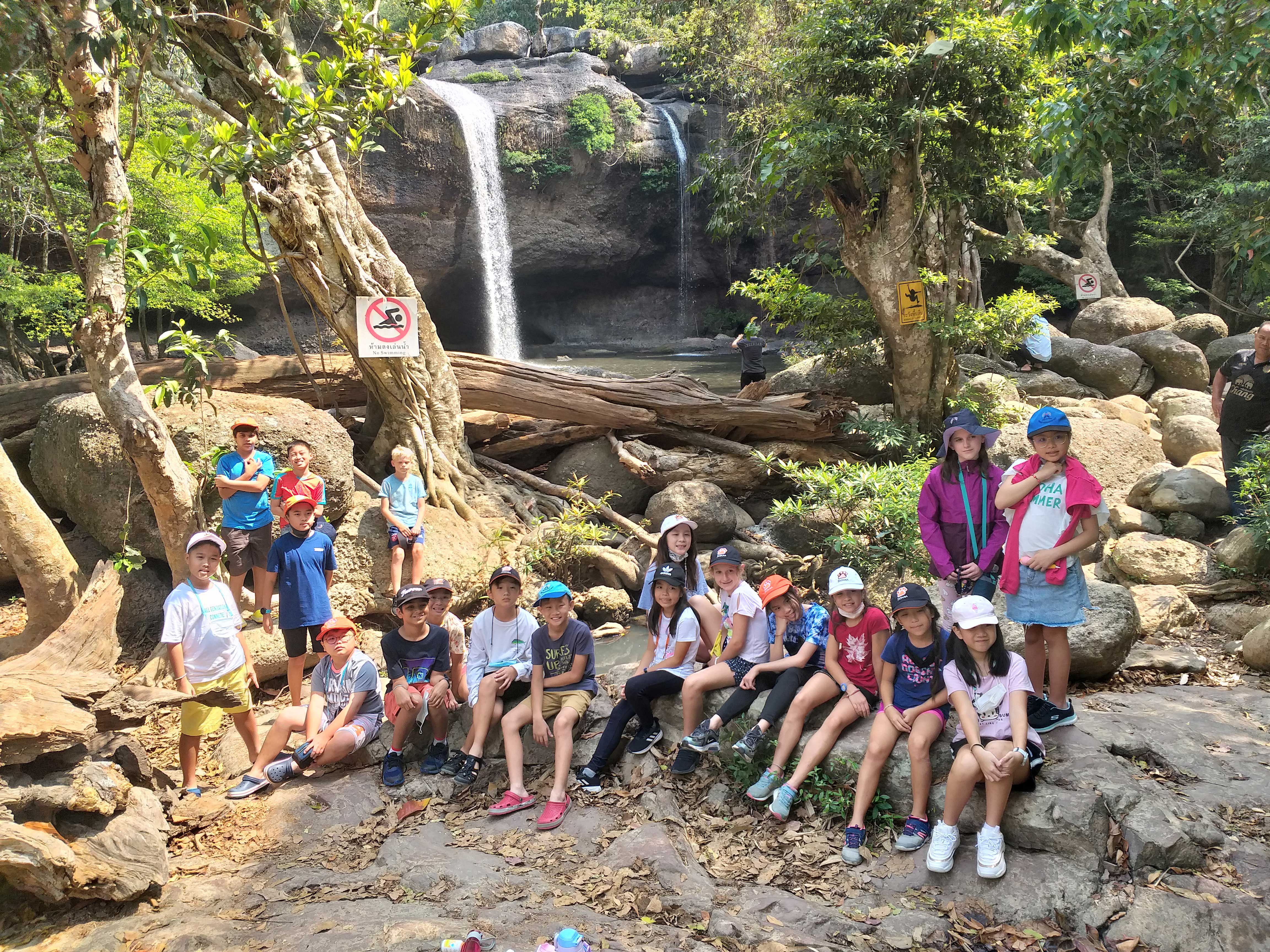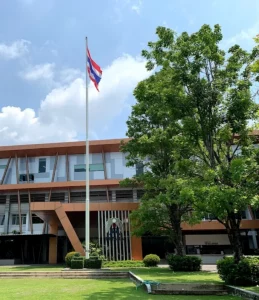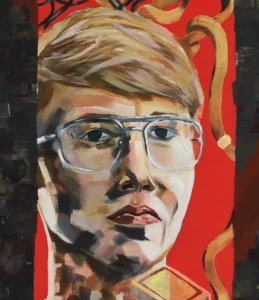
Where Natural Aptitude and Personal Passion Meet

It is amazing to think that our youngest learners in Nursery will be graduating in 2036. With this in mind, we are educating children to do jobs that don’t yet exist, using technologies that don’t yet exist to solve problems that don’t yet exist, which makes the problem of inspiring young lives a challenge.
What will these challenges look like and how will we inspire our students to become confident independent learners, who think critically about the world, so that they can solve problems creatively and retain the stamina and resilience to do this successfully?
For individuals to feel fulfilled in life, they need to discover their own meeting point between natural aptitude and personal passion. To achieve it we must help students find aptitude and passion through instilling positive attitudes and creating opportunities.
I have the privilege of being able to visit many classrooms across Bangkok Patana and observe our teachers creating successful learners who are responsible, caring, confident individuals, ready for the new challenges that they will face from their ever-developing and changing world.
How they do this is really quite magical. When entering a classroom, the first thing I see is the teacher making the children think and think really hard again! The children do this willingly, in the knowledge that their thoughts and contributions will be valued and respected – whether it be from exploring inside a tunnel, building molecules using sticky atoms or simply investigating water.
Our teachers spend time creating enterprising students who, through their play, will quickly turn an area of their learning environment into a restaurant or cooking programme, where resources are made, roles allocated, and business plans devised.
The power of the arts and literacy are valued by our teachers who know that these subjects have a wonderful capacity to engage the part of the brain that creates an emotional response and in the hands of our Bangkok Patana teachers it can lead to truly magical and life-changing learning.
The Importance of Awe
Finally, we understand the importance of adding awe, wonder, emotional and spiritual intelligence into the learning. Children get just one childhood and it should be memorable and life forming. If we don’t create a sense of awe and wonder and spirituality in children, then who will?
The first element of this work is to create wonderful, rich and vivid life changing experiences by providing classrooms without walls where children are given the opportunity to take risks and challenge themselves, in safe and secure situations on day trips and school residentials.

The Primary residentials took place over the past few weeks and I was fortunate to join Year 5 in the beautiful setting of Khao Yai, where I shared many memorable experiences with the children; watching hornbills glide above us from tree to tree, whilst flocks of small, bright green parrots zoomed around as dusk drew in. Venturing out on a night safari where we saw three types of deer and six porcupines and experiencing overflowing waterfalls and trekking through the rainforest was a truly calming and peaceful experience. It’s so important to let our children learn outside the classroom and feel the chill of an icy stream on their toes, whilst giving our Year 6 children the opportunity to become teams of architects and build sandcastles on the beach or environmental scientists and analyse the flora and fauna in the forest or even become a celebrity chef and cook a BBQ outside.
Away from the natural world our children should be given the opportunity to play games that develop teamwork and grow leadership skills, or explore ancient ruins filled with magnificent temples encased in a rainbow of mirrored tiles that enhance student creativity and self-directed learning.

By creating learning filled with memorable experiences that lead to memorable learning we are preparing our children for jobs that don’t yet exist, with the skills to understand how to use technologies that don’t yet exist and the ability to solve problems that don’t yet exist.



